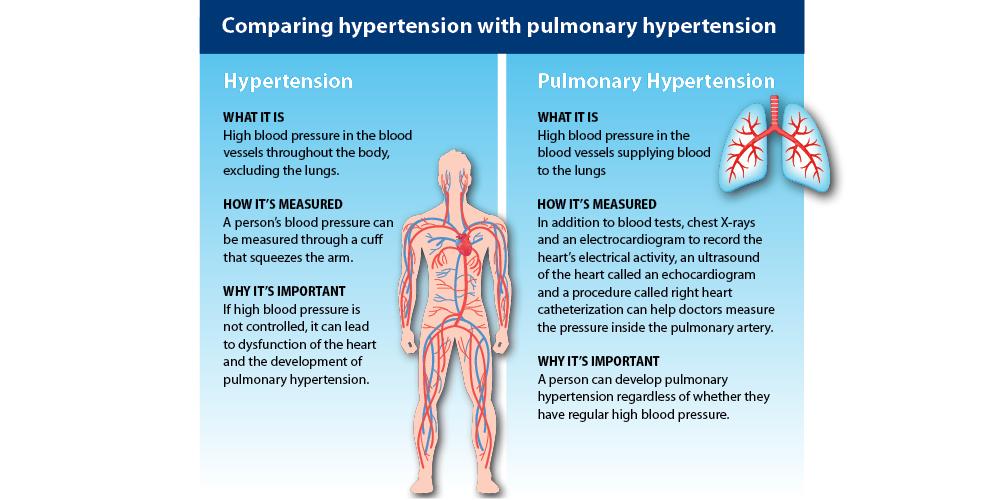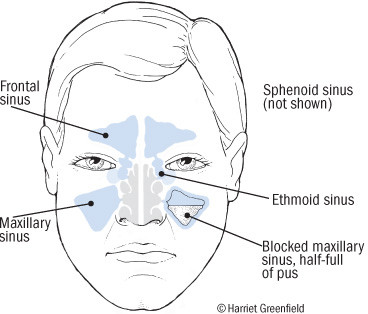Neck pain, also known as cervicalgia, is a common problem, with two-thirds of the population experiencing it at some point in their lives. Although neck pain is often felt in the neck, it can be caused by numerous other spinal problems. It may arise due to muscular tightness in both the neck and upper back, or from pinching of the nerves or spinal discs.
This pain is usually described as burning or sharp. Certain neck movements, like extending or straining the neck or turning the head, may increase the pain. Other symptoms include tingling or the feeling of “pins and needles” in the fingers or hand, weakness in the muscles of the arm, shoulder, or hand, and loss of sensation.
A tear in one of the main arteries of the neck is a rare cause of stroke. The neck must be strong enough to support the head yet still allow for mobility. Fever, headache, and neck stiffness could indicate bacterial meningitis, an infection requiring prompt treatment with antibiotics. Pain traveling down one arm, especially if the arm or hand is weak, numb, or tingling, might suggest that a herniated cervical disc is pressing on a nerve.
Cervical radiculopathy, another common cause of neck pain, involves the pinching or inflammation of a cervical nerve where it exits the spine. This condition is named from the Latin word “radicula” (small root) and the Greek word “pathos” (disease). To soothe a sore neck, initially rest, ice, and heat may be helpful, followed by gentle stretching and strengthening exercises. Good posture and habits are important to prevent another neck pain crisis.
Sometimes chronic neck pain can be a sign of a serious problem related to the spinal cord. Red flags include weakness in the arms, such as dropping objects; urinary or bowel incontinence; or difficulty walking. If these symptoms are noticed, immediate medical care is essential. Neck pain can range from mild discomfort to disabling, chronic pain and can result from injury, age-related disorders, and inflammatory disease. Seeking medical advice as soon as possible after an injury is crucial to minimize future damage and inflammation.

For further information, visit the following resources:
Neck Pain – Wikipedia,
Neck & Arm Pain – Joshua Li, MD, PhD – University of Virginia School of Medicine,
When a Pain in the Neck is Serious – Harvard Health,
Cervical Radiculopathy: Nonsurgical Treatments & Injections – HSS,
Chronic Neck Pain: Advice from a Pain Specialist – HSS,
Neck Pain – Health Encyclopedia – University of Rochester Medical Center.


